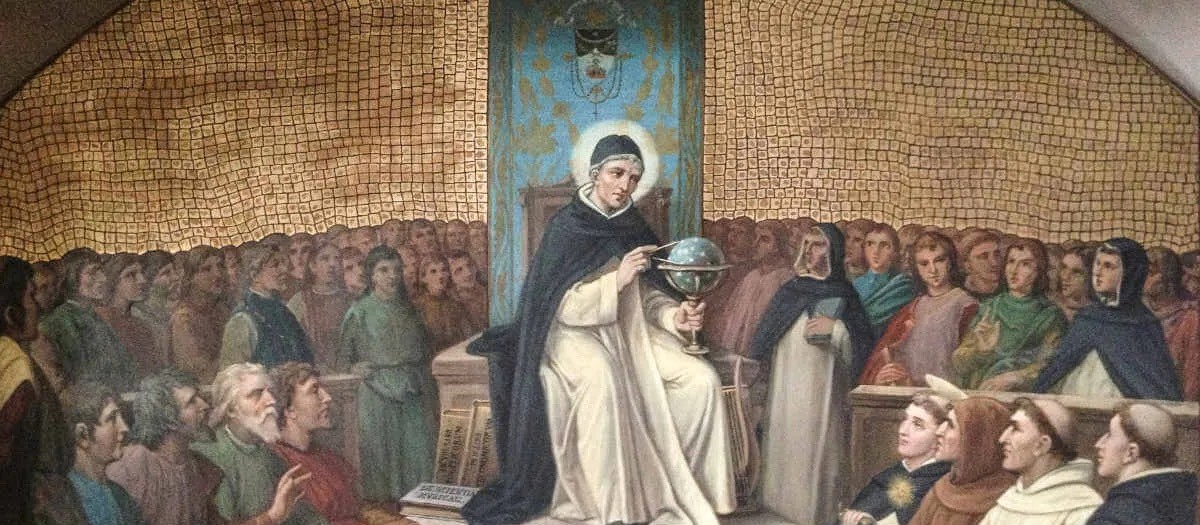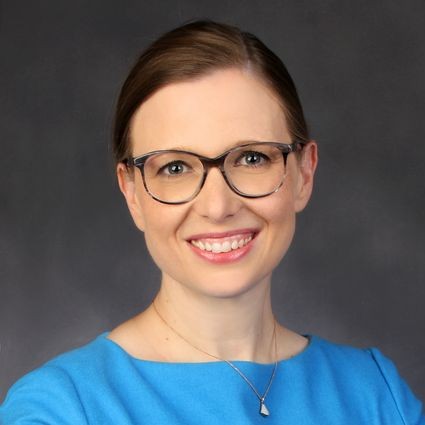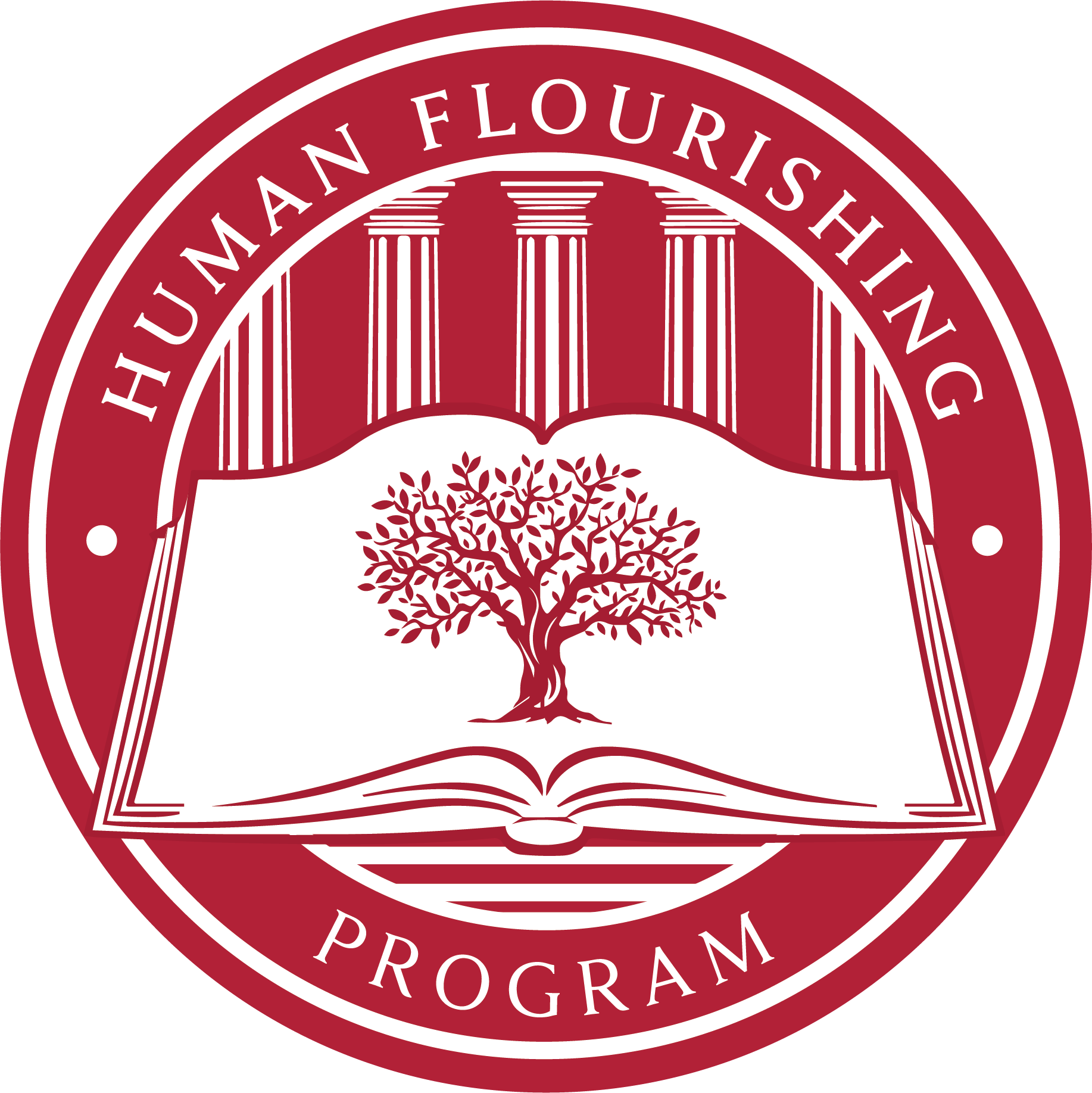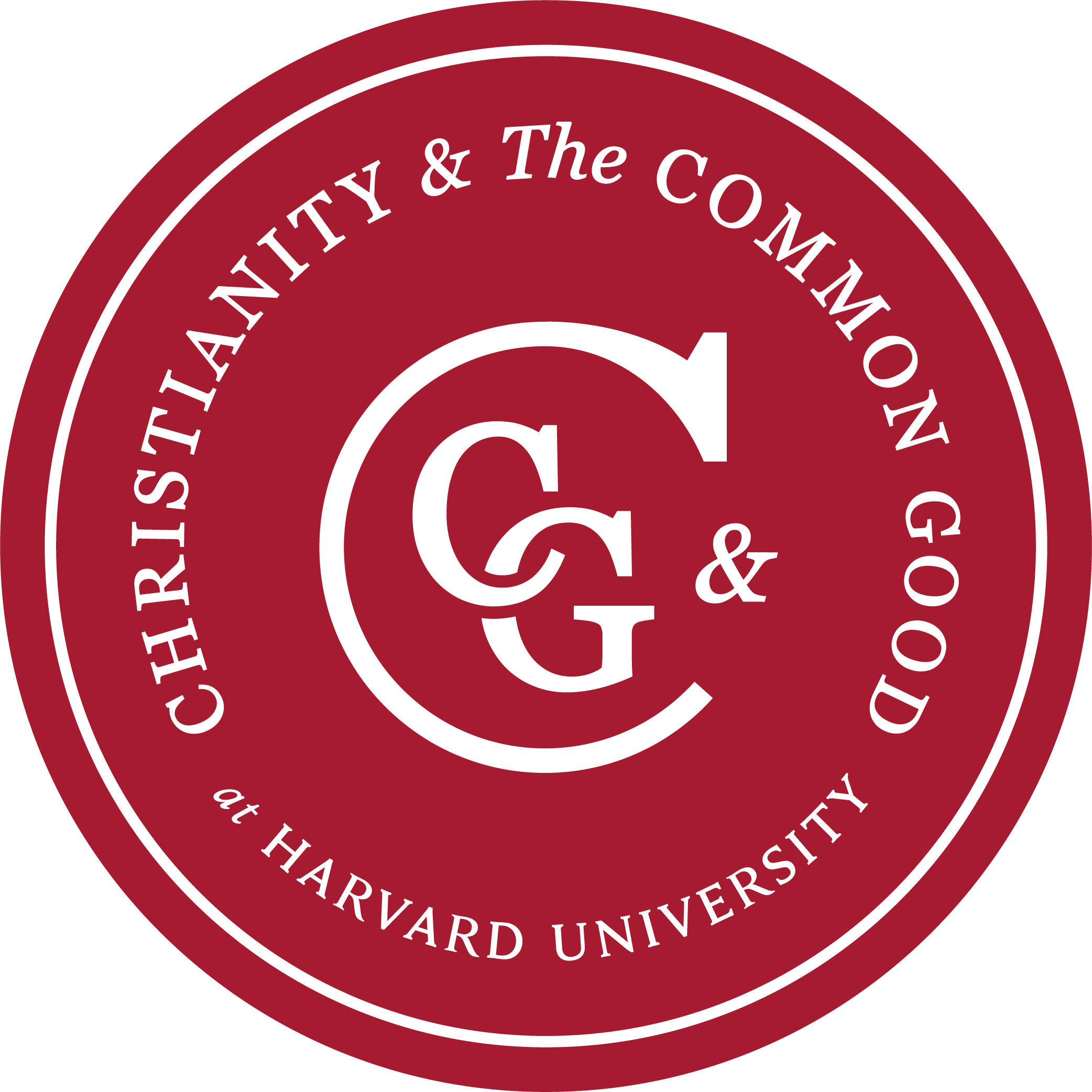How Does Science Serve Humanity?
Two Medieval Visions for Contemporary Challenges


Speaker
Prof. Dr. Katja Krause
Professor, Technische Universität Berlin; Research Group Leader (Premodern Sciences), Max Planck Institute for the History of Science
What is the true purpose of science—and can it serve the flourishing of the human person who pursues it? This question was as urgent in the thirteenth century as it is today. Amid the rise of the medieval university, urbanization, and the influx of Aristotelianism, two Dominican thinkers—Albert the Great and Thomas Aquinas—offered strikingly different answers. Albert (ca. 1200–1280), who commented on the entire Aristotelian corpus then available, saw science as a path to the perfection of the human being, as homo solus intellectus. Thomas Aquinas (1225–1274), though shaped by the same tradition, denied that philosophical science could lead to full human perfection.
Join us for the second 2025 Aletheia Lecture on Catholic and Eastern Christianity—"How Does Science Serve Humanity? Two Medieval Visions for Contemporary Challenges"—which will explore the contrasting visions Albert the Great and Thomas Aquinas to revisit a question of equal importance to us: what kind of knowledge forms not just our power to act, but our way of relating to the world? And in an age of artificial intelligence and institutional fragility, can these older visions challenge today’s strategic and utilitarian answers to the question of what it means to know?
The Lecture will be delivered by Dr. Katja Krause, Professor, Technische Universität Berlin, and leader of the Max Planck Institute Research Group “Experience in the Premodern Sciences of Soul & Body, ca. 800–1650," at 4:00pm on October 30 in the Thompson Room, Barker Center (map). Admission is free; registration is not required. Reception immediately following in the Barker Center Garden.


.png)
